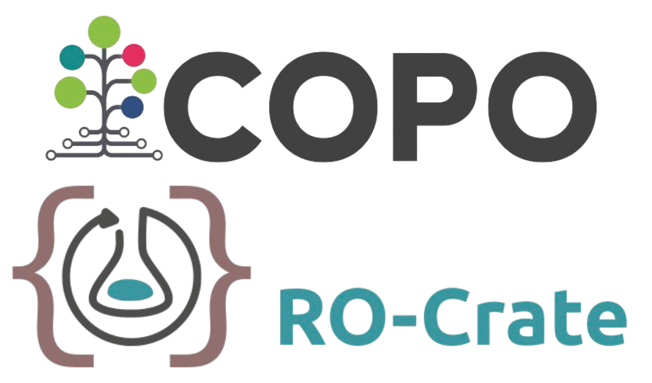The COPO (Collaborative OPen Omics) platform has taken a significant step forward by integrating Research Object Crate (RO-Crate) into its metadata brokering platform for all submitted samples. This integration aims to enhance the organisation, packaging, and sharing of research data, providing a more efficient and standardised approach for researchers and data stewards alike.
RO-Crate is a community-driven initiative designed to establish a lightweight, flexible method for packaging research data along with their metadata. At its core, an RO-Crate is a Research Object (RO) that comprises a collection of data files and a ro-crate-metadata.json file, which provides a detailed description of the collection. This collection can include a diverse range of research materials such as papers, data files, software, and references to other research works. Whether it's a folder filled with files or an abstract grouping of connected references, RO-Crate accommodates various data types and structures.
The integration of RO-Crate into COPO is set to benefit both producers and consumers of research data. The RO-Crate community brings together practitioners from diverse backgrounds with varying motivations and use cases. Core target users include:
- Researchers involved in computation and data-intensive, workflow-driven analysis.
- Digital repository managers and infrastructure providers.
- Individual researchers seeking straightforward tools or guides to “FAIRify” their data.
- Data stewards supporting research projects in creating and curating datasets.
One of the key features of this integration is the ability to return sample metadata in the RO-Crate format using the `/manifest/{manifest_id}` COPO API method. This functionality can be accessed through the COPO API web page, available here.
With this enhancement, COPO continues to advance its mission of facilitating open and Findable, Accessible, Interoperable, Reusable (FAIR) data practices, fostering greater collaboration and innovation in the research community.
